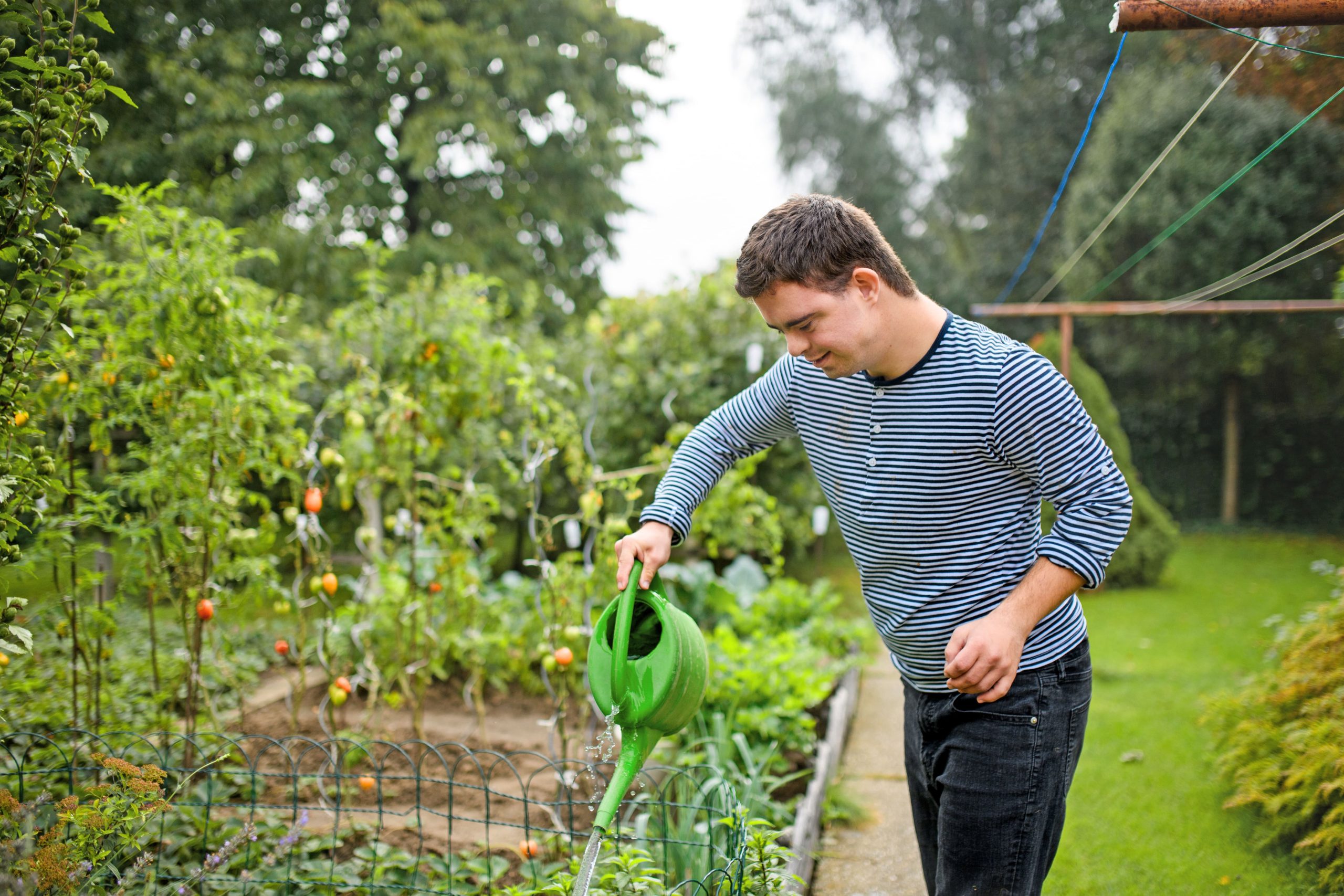The Restorative Care Pathway Explained
October 22, 2025
The rollout of Support at Home is set to bring meaningful changes to the way in-home aged care is delivered across Australia. Services will become more flexible, consistent, and focused on the individual, with new funding streams and pathways that help people stay safe, well, and independent for longer.
The Restorative Care Pathway will replace the former Short-Term Restorative Care Programme.
What is the Restorative Care Pathway?
The Restorative Care Pathway is designed to support recovery, rehabilitation, and independence. It provides up to 12 weeks of intensive nursing and allied health support, which can be extended to 16 weeks if needed.
The supports you receive will depend on your personal goals and circumstances. For some, restorative care may involve a tailored exercise program to improve strength and balance. For others, it could include help from a dietitian to plan nutritious meals or the installation of minor home modifications such as bathroom rails or non-slip mats.
The Restorative Care Pathway aims to help you:
- Prevent or delay the need for ongoing in-home care or higher levels of care
- Regain strength and mobility after illness, injury, or surgery
- Manage new or changing age-related conditions
- Learn ways to maintain function and independence as you age
Am I eligible for the Restorative Care Pathway?
During your aged care assessment, your assessor will talk with you about your health, mobility, and goals for independence. If restorative care is likely to help you stay active and well at home, you’ll be allocated a budget to fund these supports. You’ll then work with your provider to set your goals, develop a plan, and arrange the services you need.
Your Restorative Care Plan may include:
- Tailored exercise programs designed by physiotherapists or occupational therapists
- Access to allied health professionals such as dietitians, speech pathologists, or podiatrists
- Support from a dietitian to plan and prepare healthy meals
- Recommendations and installation of mobility aids or home modifications
- Nursing care to monitor recovery after illness or surgery
Will I need to contribute to the cost?
Yes. The same contribution arrangements that apply to other Support at Home services will also apply here.
This means:
- Clinical supports such as nursing will not require a contribution
- Independence supports such as personal care or transport will require a moderate contribution
- Everyday living supports such as cleaning and shopping will require a higher contribution
Who will deliver my restorative care services?
If you already receive home care, your existing care partner will coordinate your restorative supports. You’ll also be supported by a Restorative Care Partner, who will provide clinical oversight and help you stay on track with your goals throughout the program.
Accessing Support at Home
Support at Home will begin across Australia on 1 November 2025.
If you’re new to government-funded aged care, visit My Aged Care or call 1300 547 462 to start the assessment process. Once assessed, you’ll receive a plan outlining the services available to you.
If you currently receive a Home Care Package, you’ll automatically transition to Support at Home.
If you receive services through the Commonwealth Home Support Programme, your services will remain unchanged until July 2027, when you’ll move across to the new program.
If your circumstances change, you can contact My Aged Care to request a reassessment at any time.
We’re here to help
At Kirinari, we believe in care that supports independence, confidence, and connection. The introduction of Support at Home, including the Restorative Care Pathway, reflects a stronger focus on personal choice and wellbeing.
We understand these reforms can feel complex, but you don’t have to navigate them alone. Our caring and knowledgeable team can help you understand what’s changing and how to make the most of the support available.
To learn more about the Restorative Care Pathway or the Support at Home program, contact our team on 1300 547 462. We’re here to help you every step of the way.
Here are some other news articles that may interest you
For all media enquiries, please email:





